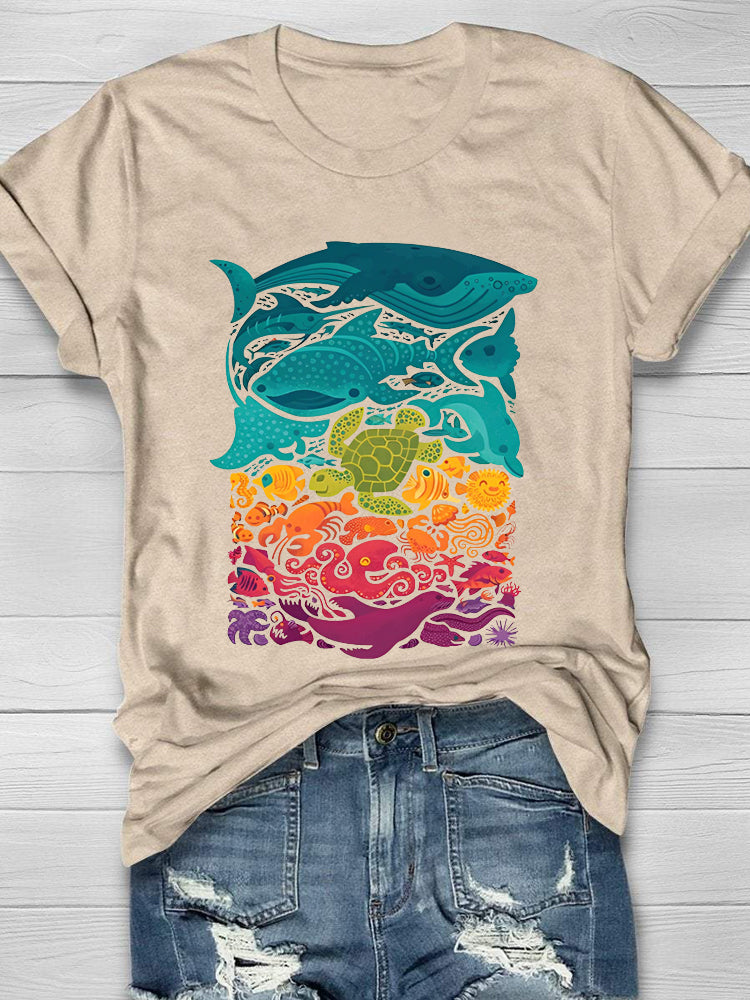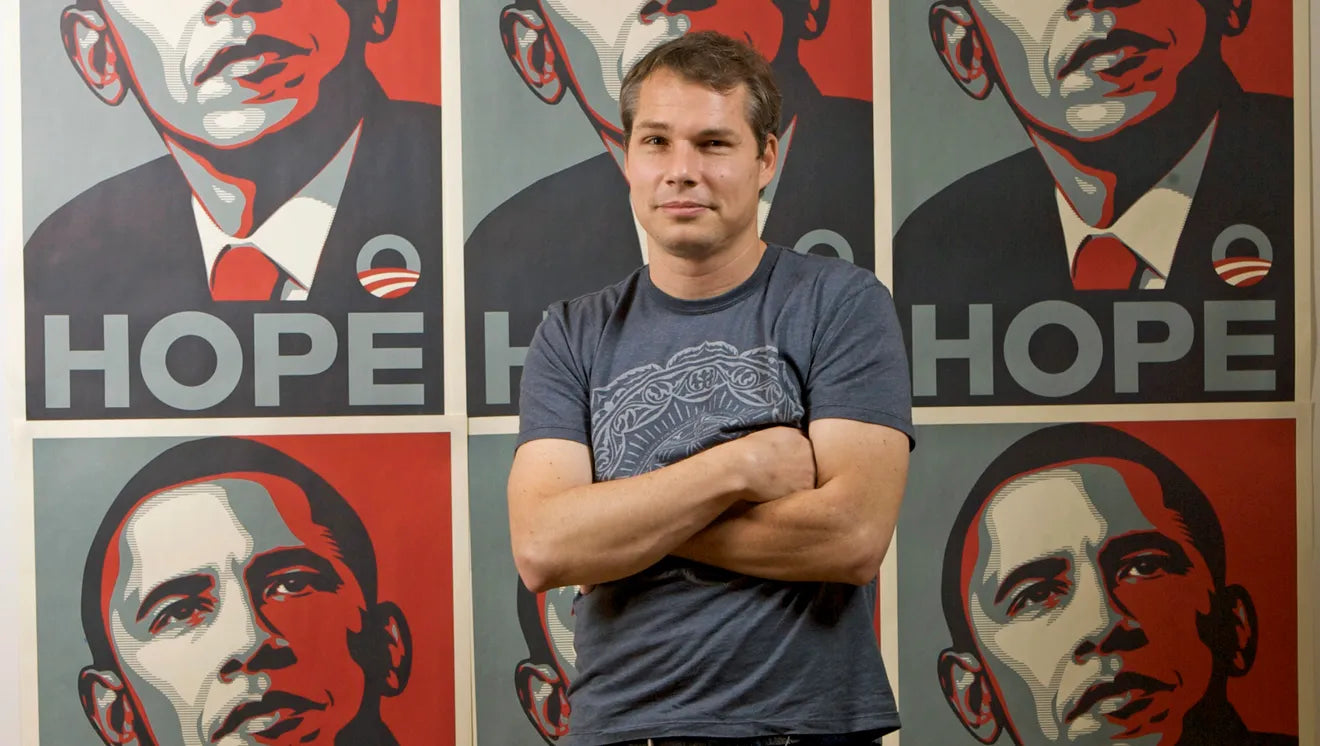Once upon a time, the humble white t-shirt started its journey as a plain ol' undergarment, minding its own business. But then, the dashing heartthrobs of the 1950s stepped up and rocked it as their everyday outerwear, giving it a sizzling makeover and cementing its status as an icon among rugged rebels and fashionable youth.
In the early 1900s, the US Navy had a brilliant idea to keep its personnel comfy under their uniforms: the T-shaped, short-sleeved wonder known as the white cotton "T-shirt." It became a hit with the GIs during World War II. But let's give credit where it's due—Hollywood truly catapulted the pristine white tee into stardom. Enter Marlon Brando in A Streetcar Named Desire (1951), with his brooding pout, intense gaze, and, of course, that iconic white tee. It became a symbol of unbridled machismo and a touch of irresistible charm. The shirt's cut accentuated Brando's chiseled physique and, boy, did the color highlight those sexy sweat streaks.

James Dean took it up a notch in Rebel Without a Cause (1955), turning the tee into an emblem of rebellious and sensuous youth.

From there, the white tee's triumph was sealed. Hippies embraced it in the swinging 60s, while the grunge scene of the 90s adored its "no logo" appeal. And let's not forget the "normcore" wave of the 2010s, loving it just as much. The white tee became a fashion statement in its own right. And as simple as it is, it has two trusty companions in our everyday wardrobe: its darker alter ego, the black tee, and its younger sibling, the tank top. They're the trio that never goes out of style.








